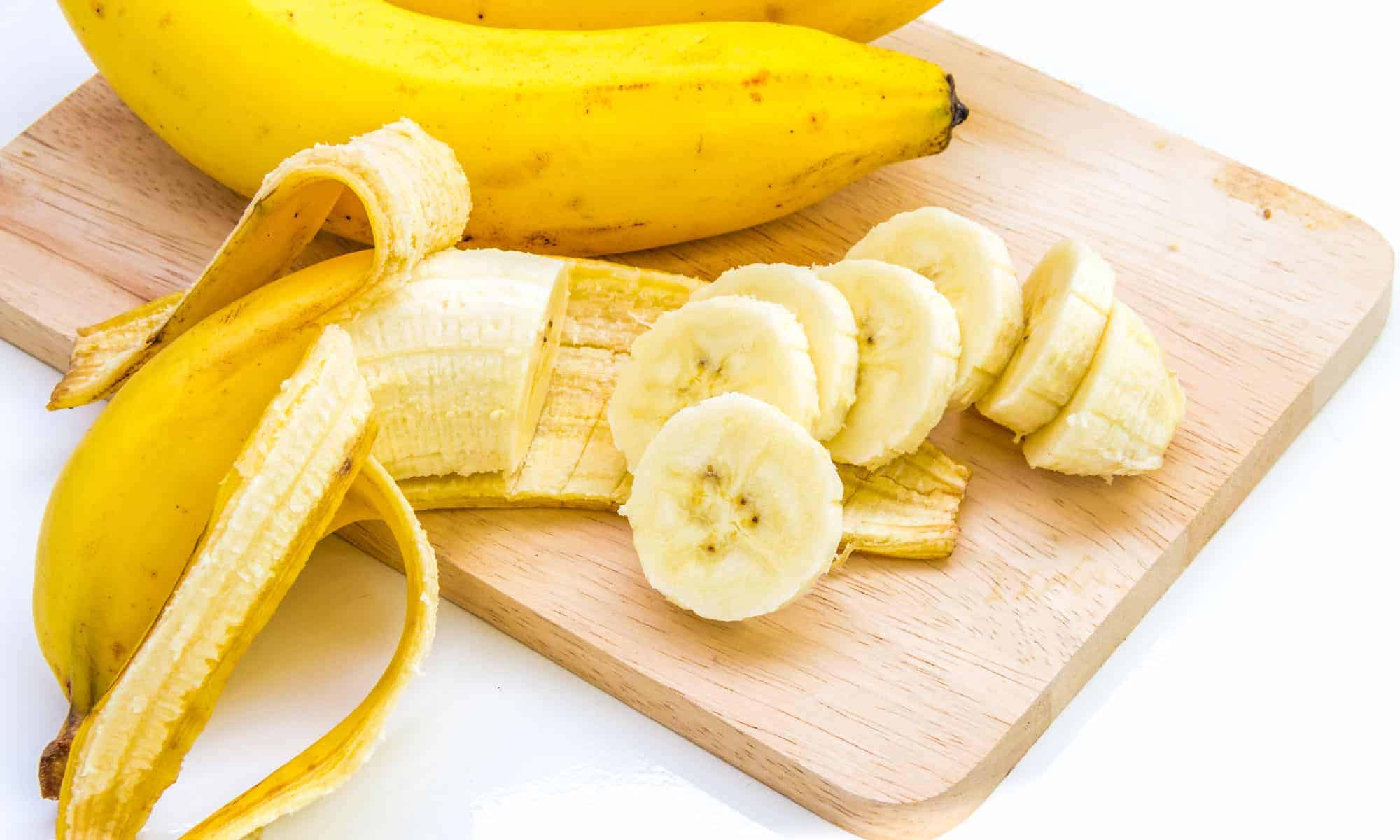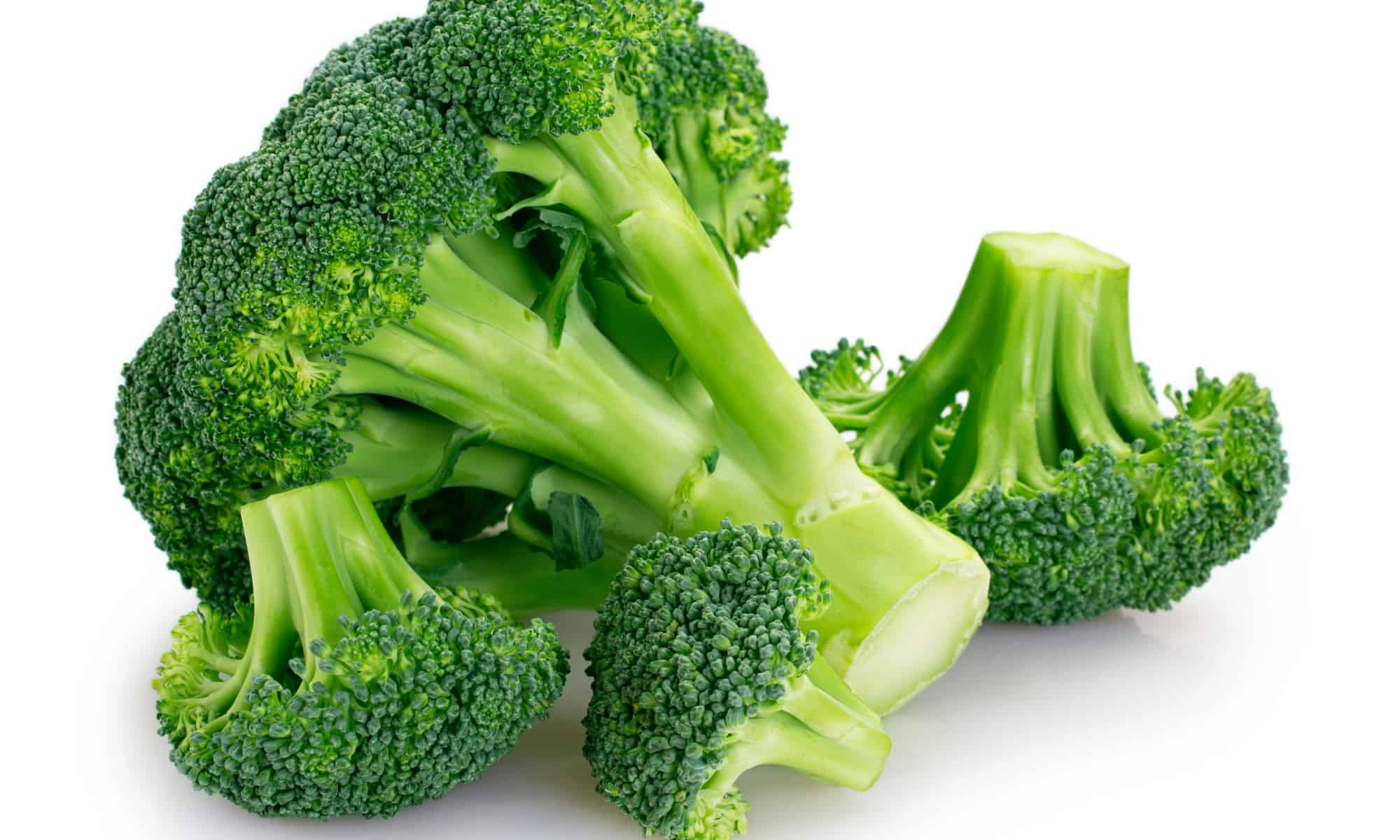



























The Best Treatment Options for a Constipated Baby
Constipation can cause discomfort and digestive problems in adults, children, and babies. However, once you become a new parent, symptoms of constipation will arise in your baby. This can be an overwhelming experience when you don’t know what to do to relieve your baby's pain. However, it is natural for babies and toddlers to experience constipation, and understanding the causes can help relieve their discomfort. Keep in mind that each baby is different, and bowel movements vary depending on the baby's age and what he or she is eating. If you are concerned always consult with your healthcare provider. Constipation usually starts when your baby begins to eat solid foods. This is usually between 4 and 6 months. When your baby is constipated feed him or her fruits that begin “P." These include peaches, plums, pears, and prunes. Let’s take a look at signs, over-the-counter products, and some of the best treatment options for a constipated baby.
Signs That Your Baby Is Constipated
Babies that are only fed breast milk might not have a bowel movement each day, and they also seldom become constipated. However, it can happen, and when it does, consider what you have been eating and adjust your diet. Meanwhile, formula-fed babies may have three or more bowel movements per day. Signs of constipation may include:
- Pebble-like stools.
- Baby is straining when trying to pass a stool or may seem in pain, causing him or her to cry.
- Refusing to eat.
- Abdominal bloating.
- Vomiting
- Blood in the stool. Trying to push a hard stool can cause a tiny tear in the anal wall.
- His or her bowel movements are not as frequent as usual.
1. Warm Bath
Try giving your baby a warm bath and letting him or her soak in it for a few minutes. This can help relax the stomach muscles and relieve strain, making it easier to pass the stool.
2. Change the Milk Formula
If you are breastfeeding, try changing your diet. You may have eaten too much chocolate or something else that your baby might be sensitive to. If your baby is bottle-fed, try a different formula. The baby might be sensitive to some of the ingredients in the formula.
3. Increase Fluids
Make sure to give your baby enough fluids. Milk and water are good for keeping your baby hydrated. Additionally, if your baby is over 6 months old, you can offer fruit juice such as apple, prune, or pear. You can also dilute it by adding a little bit of water.
4. Gerber 2nd Foods Organic for Baby
- Rating: 4.7
If your baby is eating solids, you can give him or her Gerber 2nd Foods organic for baby. They come in a variety of delicious flavors, including strawberry, pear, spinach, mango, zucchini, avocado, apple, vitamin C, and lime. This way, baby gets to try a variety of ingredient combinations. Adding more fiber-rich foods to your baby's diet can also help with constipation. Gerber 2nd Foods also has dinner flavors that include chicken noodles, apple chicken, sweet potato and turkey, chicken and rice, vegetable and chicken, and vegetable and beef.
5. Beech-Nut Toddler Food
- Rating: 4.7
Beech-nut is another popular baby food suitable for ages 6 months and up. It contains no added sweeteners, no artificial colorants, preservatives, or flavors, and is non-GMO. The farmers' favorite variety pack contains pear, mango, squash, pumpkin, apple, zucchini, apple, carrot, and mango. The berry blend variety pack contains strawberry, peach and apple, raspberry, pear and banana, apple, strawberry and banana. If you have changed your baby’s diet and he or she is still struggling to pass a stool, you should consider speaking to your healthcare provider.
6. Tummy Massage
To help promote bowel movements, you can gently massage your baby’s tummy in a circular motion. This can be done up to seven times per day.
7. Exercise
Movement is encouraged to speed up digestion. You can help your baby by doing simple leg bicycle exercises if they aren’t walking yet.
8. Mommy’s Bliss: Baby Constipation Ease
- Cost: $12.48
- Size: 4 fl oz
- Rating: 4.4
Mommy’s Bliss Baby Constipation Ease is gentle on the stomach and suitable for babies 6 months and older. It promotes regular bowel movements and relieves occasional constipation. Contains prebiotics, fennel extract, and prune juice. Furthermore, it contains no alcohol, parabens, artificial flavors, or colors, and no harsh laxatives. According to Skye on Walmart’s review, “It works! My baby couldn't poop for a couple of days. I tried everything! Plums, fiber powder, and the Q tip trick. Nothing worked. I gave him this, and he pooped within 15 minutes!!”
9. Wellements Organic Constipation Support
- Cost: $10.99
- Size: 4 fl oz
- Rating: 4.4
Wellements Organic Constipation Support is suitable for ages 6 months and up. This gentle laxative contains organic prunes and chicory root fiber and can be used twice a day. It is free from the top 9 common allergens, artificial colors, flavors, parabens, and gluten. According to Rachel Ackley on Amazon’s review, “My daughter is 12.5 months and has transited to whole milk. She has been having the biggest and hardest poop. To the point of tears. As a new mom, it breaks my heart. I read the reviews on this product and decided to try it. To my amazement, we are pooping without tears and normal. So thankful and glad I bought it.”
10. Quality Choice Infant Glycerin Suppositories 25 Ct Each
- Cost: $9.46
- Rating 4.5
If you have changed your baby’s diet and he or she is still battling with hard stool, you may want to try Quality Choice Infant Glycerin Suppositories. These are only to be used occasionally. According to Brit Manos on Amazon’s review, “Works like a charm within 30 minutes to 4 hours. Only use it occasionally!”
11. Lovebug Probiotics
- Cost: $23.95
- Size: 30 servings
- Rating: 4.7
Lovebug Probiotics is suitable for ages 12 months to 4 years. Lovebugs Tiny Tummies are suitable for babies from birth to 6 months. Furthermore, it is flavorless with no artificial colors, non-GMO, and allergen-free. According to Brooklyn S. on Lovebug’s review, “Great results & easy to give! I bought this for both of my toddlers! It has kept them regular, and it’s easy to mix into their drinks or yogurt.”
12. Foods To Avoid When Your Baby Is Constipated
When your baby is constipated, you may want to avoid giving them certain foods like ice cream, cow’s milk, yogurt, bananas, rice cereal, white rice and cheese as these can make it worse.
13. Foods To Feed Your Baby When Constipated
As mentioned previously changing your baby’s diet first can help with constipation apart from feeding him or her prunes, peaches, apples, and plums, You can add more fiber to their diet such as brown rice, bran, and whole wheat pasta. Vegetables that can help with constipation include Brussels sprouts, peas, broccoli, beans, and collard greens.